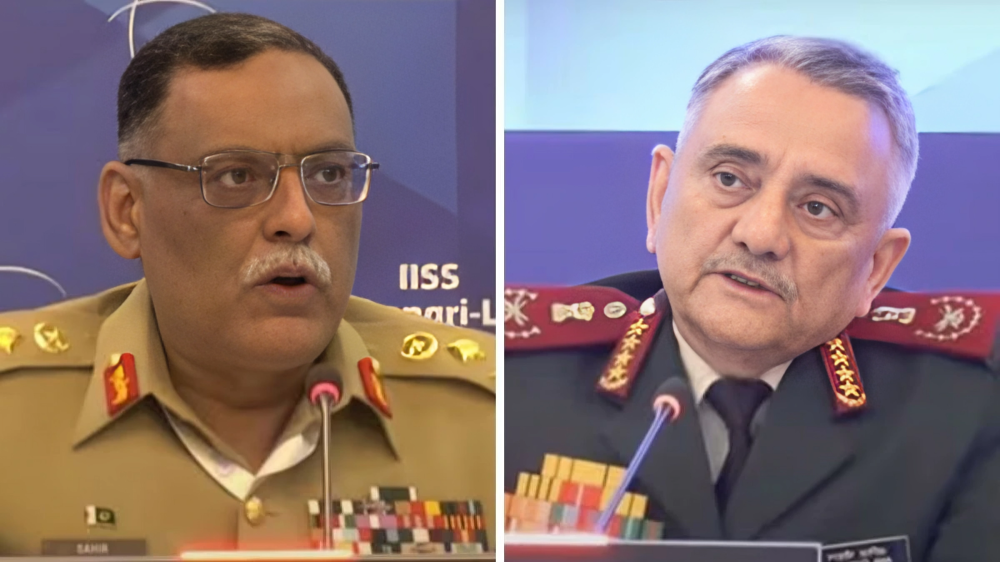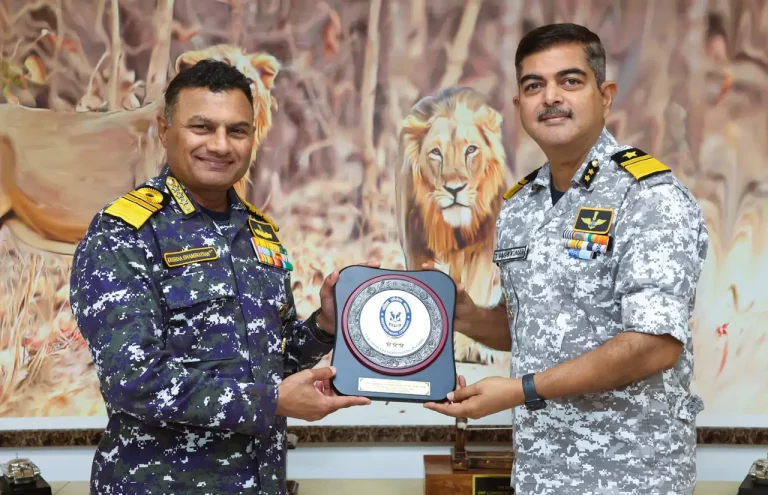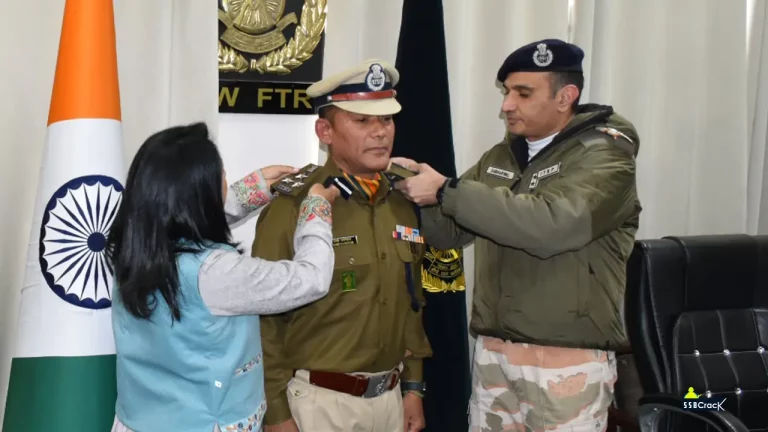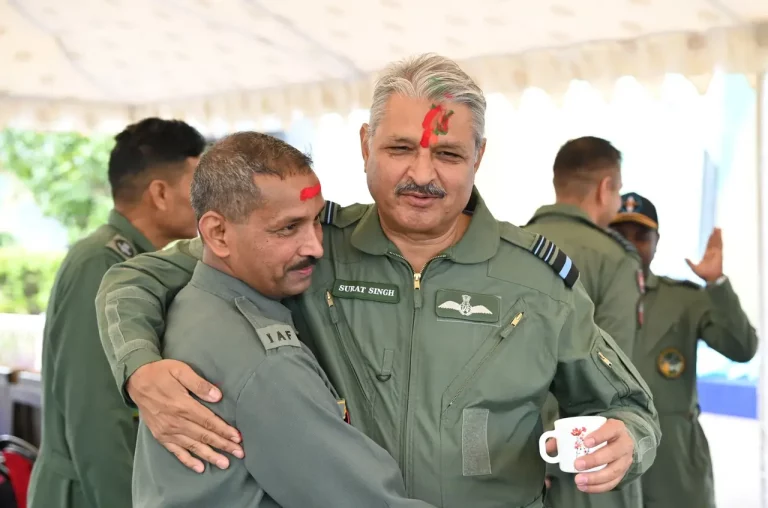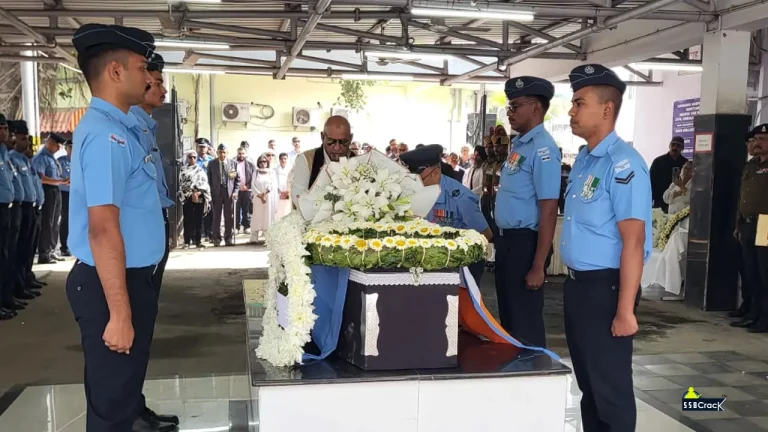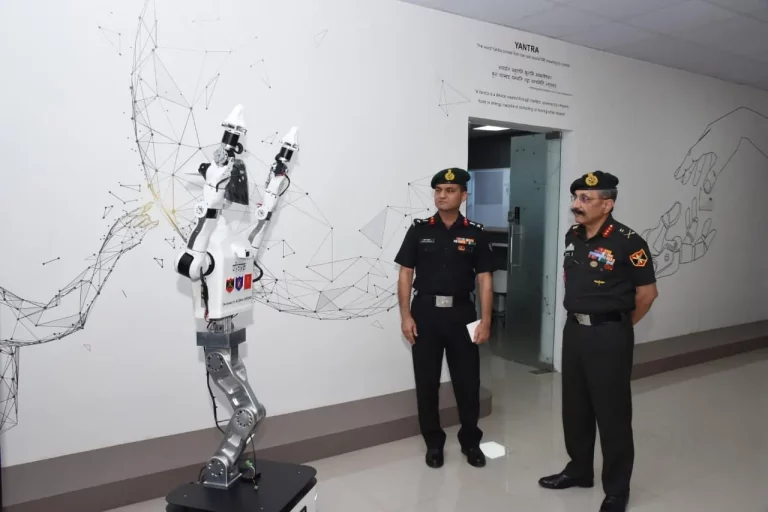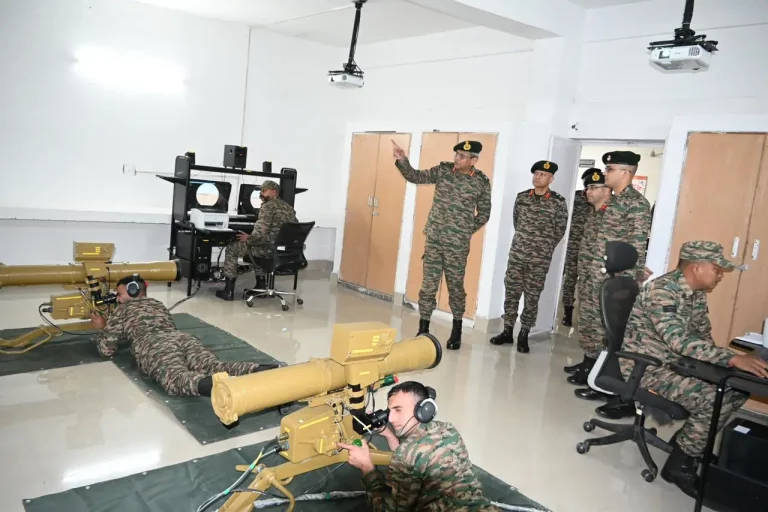Amid escalating tensions between India and Pakistan, military leaders from both nations issued stern warnings during the 22nd Shangri-La Dialogue in Singapore. The forum saw India’s Chief of Defence Staff, General Anil Chauhan, and Pakistan’s Chairman of the Joint Chiefs of Staff Committee, General Sahir Shamshad Mirza, addressing crucial security concerns at simultaneous sessions.
General Chauhan’s remarks came in the context of India’s recent Operation Sindoor, launched as a response to a terror attack in Pahalgam, Jammu and Kashmir, which resulted in the deaths of 26 tourists. He articulated India’s newly defined stance on terrorism, emphasizing, “What India has done, politically, they have drawn a new red line of intolerance against terror.” He expressed a firm resolve to end what he termed a proxy war of terror that has plagued India for nearly two decades.
He framed Operation Sindoor as a definitive message to adversaries, suggesting that the four-day military initiative, which targeted several terrorist infrastructure sites, should serve as a clear signal regarding India’s limits of tolerance. “Hopefully they learn that this is a limit of India’s tolerance,” Chauhan stated, indicating a shift in India’s operational dynamics following the military action.
Conversely, General Mirza responded by cautioning that without genuine conflict resolution, the potential for escalation between the two countries remains a grave concern. During a panel focused on “Regional Crisis-Management Mechanisms,” he stressed the need to transition from mere conflict management to effective conflict resolution in order to foster sustainable peace. Mirza highlighted that the Kashmir issue remains a central, unresolved point that must be addressed according to UN Security Council resolutions and the aspirations of the Kashmiri people. “When there is no crisis, Kashmir is never discussed,” he noted, emphasizing its significance in Indo-Pak relations.
Mirza raised alarms about the lowered threshold for strategic stability between the two countries, asserting that recent military confrontations have considerably degraded the traditional understanding of conventional warfare. He warned that rapid military responses may leave little room for global powers to intervene effectively in future conflicts.
He further contended that India’s increasing perception as a “net security provider,” bolstered by Western support, undermines the potential for meaningful crisis management discussions. Following the April 22 terror incident, which India attributed to Pakistan-based groups—an assertion Pakistan has denied—Mirza acknowledged the role of international mediators, including the US, UK, Turkiye, China, Saudi Arabia, and the UAE, in facilitating dialogue and de-escalation efforts.
The exchanges at the dialogue underscored the growing divide between India and Pakistan, with both military leaders presenting contrasting narratives on peace and stability in the region, further complicating the prospects for reconciliation.
